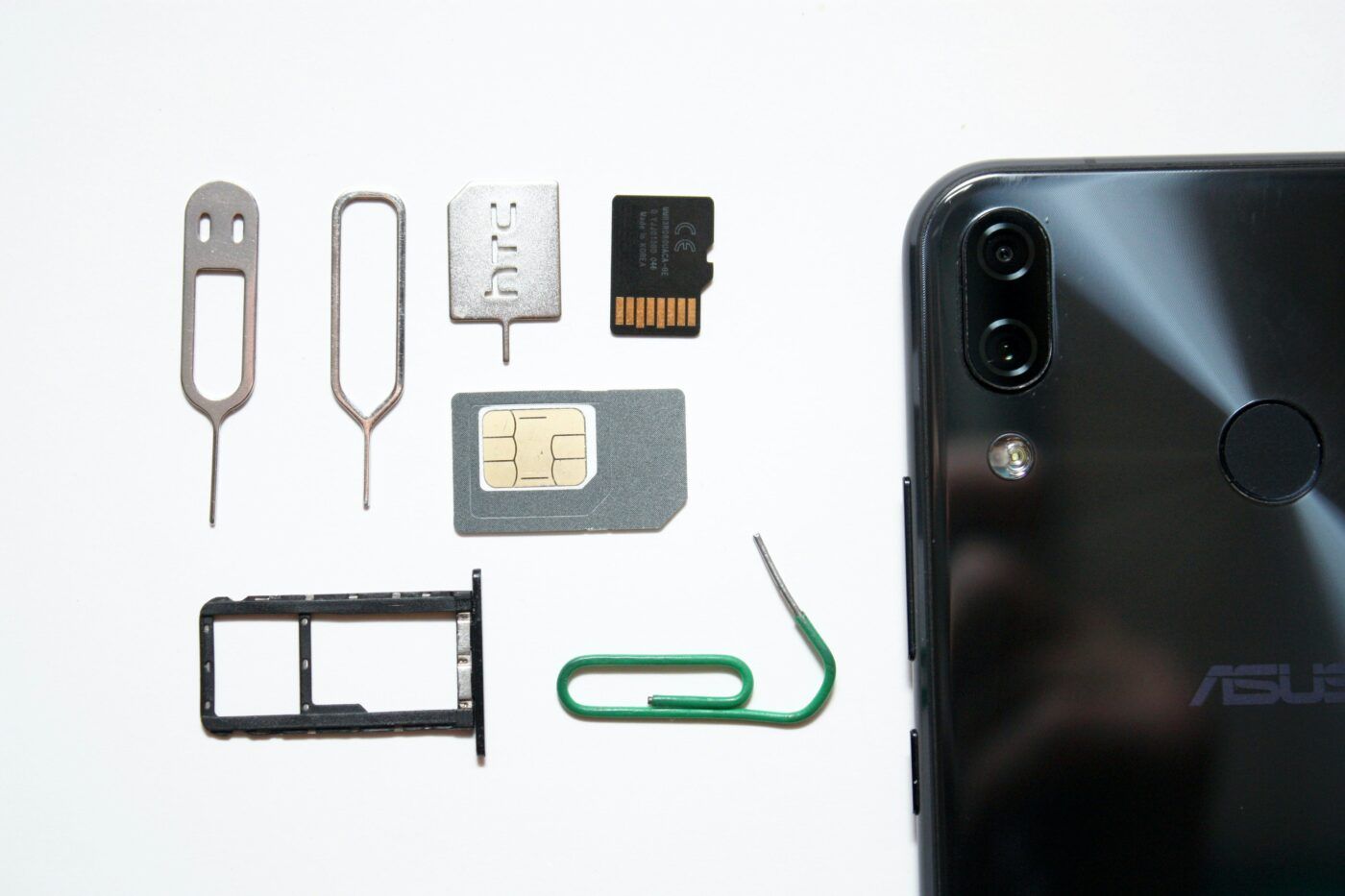The Justice Department (DOJ) has concluded an investigation into collusion between two wireless carriers and a related trade association regarding embedded SIM card (eSIM) technology. AT&T, Verizon, and the Global System for Mobile Communications Association (or GSMA) were the subjects of the DOJ investigation that will yield changes to how eSIM standards are determined.
Details of the Investigation
The antitrust investigation began in 2018, and it stemmed from Apple and a wireless carrier’s accusations that AT&T and Verizon (who together hold 70 percent of the wireless subscription market in the US) and the GSMA standard-setting organization made it difficult for consumers to easily switch wireless carriers, by purposefully hamstringing devices with eSIM technology. eSIM allows consumers to “remotely switch wireless providers without having to insert a new SIM card into a device,” ultimately making it easier for them to switch carriers.
The GSMA did report that an in-development standard for eSIM would provide the option to lock the eSIM, but told Ars Technica at the time that consumers “would need to explicitly consent to this under specific commercial agreements with their mobile operator, for example when purchasing a subsidized device.” The group then put development on hold, pending the DOJs investigation.
It was not the first time that the DOJ had investigated the issue. The Washington Post reported that a similar probe from the Obama-era department in 2016 was dropped on grounds of little evidence. A letter to the GSMA further outlined the decision: the DOJ believed that previous action “would only create a technical capability on the devices, and [did] not address how (or whether) any carrier would use that capability.”
The DOJ’s Latest Findings
The latest DOJ investigation found that the GSMA had “used its industry influence to steer the design of eSIMs technology in mobile devices.” A letter to the GSMA acknowledged that the DOJ’s antitrust division “developed significant concerns that GSMA’s process was deeply flawed and enabled competitors to coordinate anticompetitively.”
While non-carriers were able to give input in developing standards, the GSMA and mobile carriers ultimately approved or rejected those standards. “The GSMA and its mobile network operator members used an unbalanced standard-setting process, with procedures that stacked the deck in their favor, to enact an RSP (Remote SIM Provisioning) Specification that included provisions designed to limit competition among networks,” explained the accompanying press release.
The GSMA’s proposed changes appeared to alleviate Justice Department concerns, however. The new standard, called A.A.35, is designed to “allay competition concerns by yielding standards that limit the design of RSP and eSIMs only to the extent it would be beneficial to the diverse group of interested parties” in the industry. A.A.35 will utilize a two-stage process for standard creation, with the Industry Specification Issuing Group (ISIG) developing standards and Industry Specification Approving Group (ISAG) approving them. The GSMA will also consider a wider range of voices in the revised standard “from all levels of the ecosystem, and balanced and open participation by all sections of the industry.” Operators and non-operators will have approval privileges, which means smartphone makers like Apple will have a say in the process; the two-stage process will require majority votes from both groups to approve changes.

How This Story Might Play Going Forward
While AT&T, Verizon, and the GSMA are surely celebrating the ruling, they are not entirely free from scrutiny. Should the A.A.35 process go into effect, the DOJ will be monitoring to make sure all interested parties have the opportunity to participate meaningfully in developing standards at GSMA that benefit consumers. The DOJ has committed to closely observing A.A.35’s application to ensure it allows freedom for innovation, as well as watch for “agreements outside of the process, but which affect the process…[and are] subject to independent antitrust scrutiny.”
Whether A.A.35 will unlock the power of eSIM technology – and the ensuing competitive potential – is unclear. Department of Justice antitrust head Makan Delrahim has promised that the DOJ will take a special interest in matters of competition related to the technology going forward. The potential for litigation remains, and Delrahim made clear that they would not be afraid to use it. While the investigation may have reached an anticlimactic end, the superpowers of the wireless industry will have to tread carefully to avoid an unwanted legal case.







